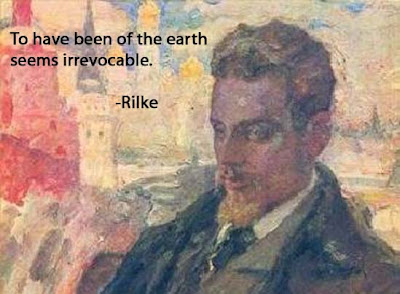The dream SnapChat pitches: "Snap an ugly selfie ... and send it to a friend. They'll receive it, laugh, and then the snap disappears ... It's about the moment."
SnapChat: It's about the moment.
More like SnapChat: Because would you let your kids use an app called DickPix?
There's something disingenuous about a promise to regain something that never existed. It was always a lie, this sense of anonymity and being lost in the vastness of the internet. And it's not a lie we should perpetuate if we want people to grow up and manage a successful digital presence.
For me, the mirage dissipates when I realize I'm feeling nostalgic for being so damn naive.
Logically, SnapChat is for sending pictures you wouldn't want the other person to keep or share. So: pictures you very, very clearly shouldn't send in the first place.
Very simple strategies exist for the person on the receiving end to capture SnapChats. Just search "SnapChat Leaked" on Facebook and Google. (But not if you're at work, you dig?)
All the issues of trust and permanence are still there, only now if I send you a Snap of my cat doing something adorable, it's gone in an instant when you'd rather hold on to it.
We're only scratching the surface of how our technology is shaping this paradigm of the permanent and urgent now. I think SnapChat proves we're longing for a way to keep our connectivity without sacrificing our own impulsiveness, to be in the moment but free from the record of it. SnapChat pretends it can give us that back, but did we ever actually have it? On the internet, I mean.
Is this the trade-off: we get connected to everything, but everything gets connected back to us?
More like SnapChat: Because would you let your kids use an app called DickPix?
There's something disingenuous about a promise to regain something that never existed. It was always a lie, this sense of anonymity and being lost in the vastness of the internet. And it's not a lie we should perpetuate if we want people to grow up and manage a successful digital presence.
For me, the mirage dissipates when I realize I'm feeling nostalgic for being so damn naive.
Logically, SnapChat is for sending pictures you wouldn't want the other person to keep or share. So: pictures you very, very clearly shouldn't send in the first place.
Very simple strategies exist for the person on the receiving end to capture SnapChats. Just search "SnapChat Leaked" on Facebook and Google. (But not if you're at work, you dig?)
All the issues of trust and permanence are still there, only now if I send you a Snap of my cat doing something adorable, it's gone in an instant when you'd rather hold on to it.
We're only scratching the surface of how our technology is shaping this paradigm of the permanent and urgent now. I think SnapChat proves we're longing for a way to keep our connectivity without sacrificing our own impulsiveness, to be in the moment but free from the record of it. SnapChat pretends it can give us that back, but did we ever actually have it? On the internet, I mean.
Is this the trade-off: we get connected to everything, but everything gets connected back to us?





































